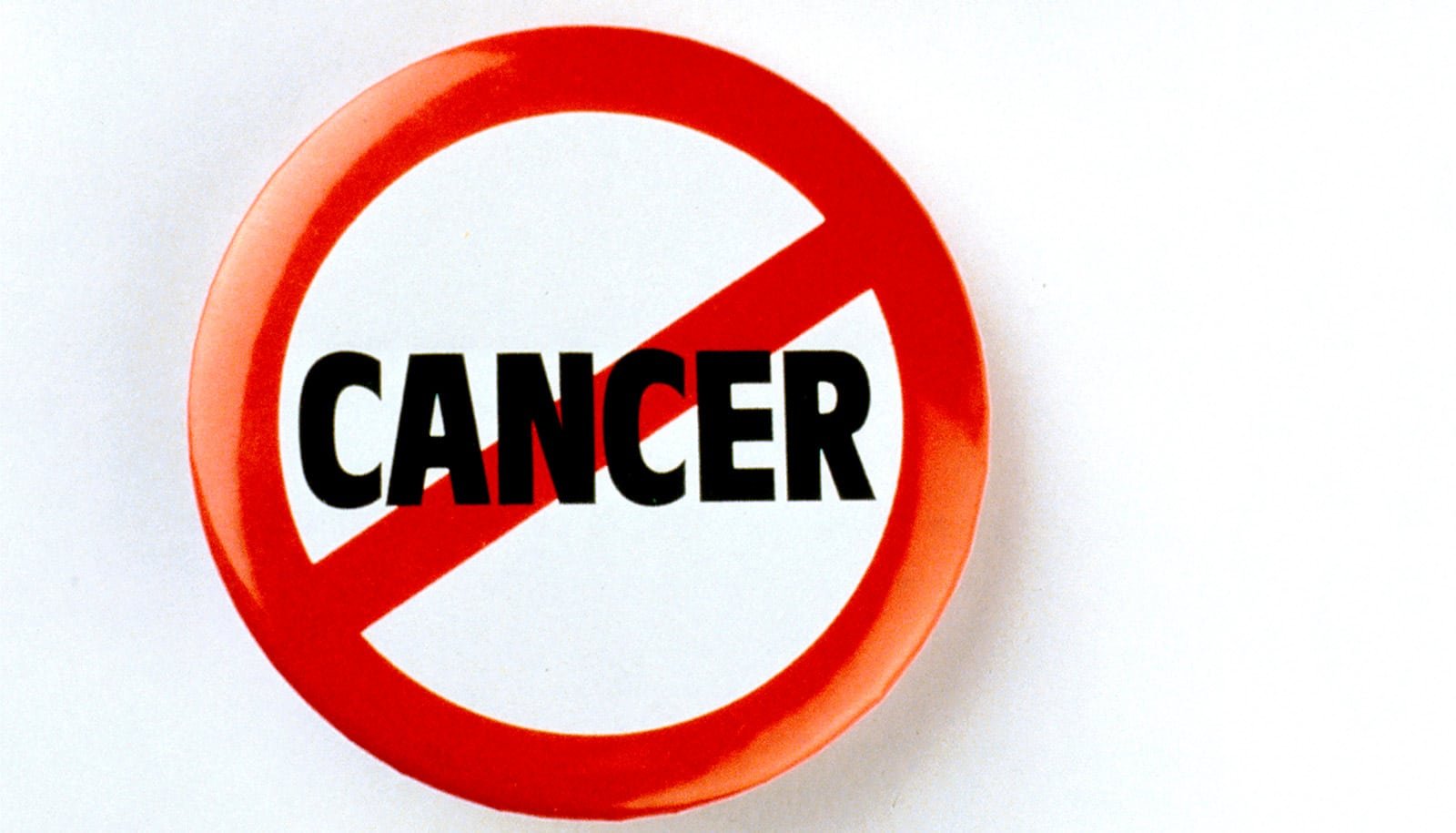A new study reveals that naturally occurring autoantibodies can boost or hinder cancer immunotherapy effectiveness by up to 10-fold, offering new insights into why these treatments only work for some patients.
The findings appear in Nature.
Hoping to better understand the varied patient responses to an immunotherapy—one that counter-blocks checkpoint proteins that block a patient’s immune system from attacking cancer cells—researchers mapped autoantibodies from 374 cancer patients treated with checkpoint immunotherapy, as well as 131 untreated healthy individuals.
The study was led by Harriet Kluger, a professor of medicine (Oncology) and professor of dermatology at Yale School of Medicine, and Aaron Ring, who began the work while at Yale and is now the Anderson Family Endowed Chair for Immunotherapy at the Fred Hutchinson Cancer Center.
“This study demonstrates the power of a novel technology developed by Dr. Ring when he was at Yale. His REAP platform allows us to study levels of thousands of autoantibodies in a single experiment. When applied to large collections of carefully collected human samples, we stand to learn a lot about the biology of responses and how to improve our clinical outcomes,” Kluger says.
As used in this study, REAP—rapid extracellular antigen profiling—analyzed antibody and autoantibody interaction with proteins on the surface of human cells in patient blood samples.
Typically, autoantibodies are antibodies that have lost their way. Instead of attacking threats to the body, including infectious pathogens such as cancer or viruses, they mistakenly target healthy tissue.
However, the findings of this study revealed that some autoantibodies in the treated cancer patients were associated with “dramatically altered odds ratios” that in some cases helped, and in others hindered, the anti-tumor effectiveness of immunotherapy.
“Our analysis shows that certain naturally occurring autoantibodies can tilt the odds dramatically toward shrinking tumors,” says Ring, senior author of the study.
“We saw some cases where autoantibodies boosted a patient’s likelihood of responding to checkpoint blockade by as much as five- to 10-fold. For years, autoantibodies were viewed mainly as bad actors in autoimmune disease, but we’re discovering they can also act as potent, built-in therapeutics.”
Notably, the team found that autoantibodies blocking proteins called interferons were linked to better anti-tumor responses to checkpoint inhibitors.
“In some patients, their immune system essentially brewed its own companion drug,” Ring says. “Their autoantibodies neutralized interferon and that amplified the effect of checkpoint blockade [the immunotherapy].
“This finding gives us a clear blueprint for combination therapies that intentionally modulate the interferon pathway for everyone else.”
Not all autoantibodies were beneficial. In some cases, autoantibodies were associated with patients experiencing dramatically reduced benefits from the immunotherapy. Those autoantibodies highlighted the importance of their targets, suggesting that reversing the effects of those antibodies could restore immunotherapy effectiveness in those patients.
Overall, the study summarized that the relationships between the individual autoantibodies and the impact on immunity effectiveness “underscores a more profound interplay” than previously recognized and recommended further research including clinical studies.
Ring characterized the study findings as “only the beginning. We’re now extending the search to other cancers and treatments so we can harness—or bypass—autoantibodies to make immunotherapy work for far more patients.”
Support for the came from the National Institutes of Health; Yale Cancer Center; Yale Gruber Fellowship; Yale Medical Scientist Training Program; Mark Foundation for Cancer Research; Pew Charitable Trusts; gifts to Fred Hutch; and Yale University. The content is solely the responsibility of the authors and does not necessarily represent the official views of the National Institutes of Health.
Source: Yale




